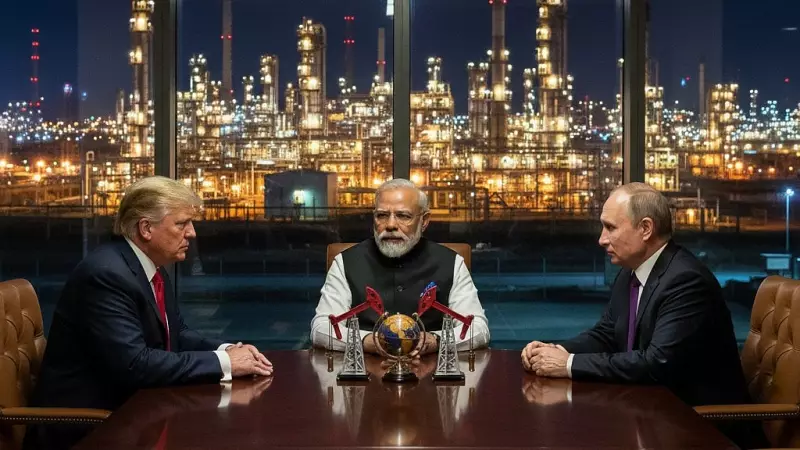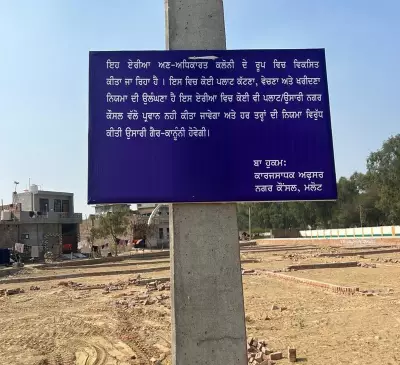
In a masterclass of diplomatic balancing, India is rewriting the rules of global energy politics while securing its economic interests. As the world watches, Delhi continues its strategic oil purchases from Moscow despite Western pressure, demonstrating remarkable geopolitical finesse.
The Numbers Tell the Story
India's oil imports from Russia have skyrocketed from a mere 2% of total imports to an astonishing 40% since the Ukraine conflict began. This isn't just a minor adjustment—it's a fundamental reshaping of global energy flows that has saved India billions of dollars while keeping its economy humming.
Walking the Diplomatic Tightrope
What makes India's position particularly fascinating is how it manages to maintain strong ties with both Washington and Moscow simultaneously. While Western nations imposed sanctions, India crafted a sophisticated approach that respects international concerns while prioritizing national interests.
The strategy is multi-layered:
- Maintaining open communication channels with all parties
- Ensuring oil purchases comply with international price caps
- Diversifying energy sources to avoid over-dependence
- Positioning as a stabilizing force in global energy markets
Economic Windfall for India
The discounted Russian crude has been nothing short of transformative for India's economy. Not only has it controlled inflation and reduced import bills, but it has also strengthened India's position as a refining hub, with refined products finding markets worldwide.
What This Means for Russia
For Moscow, India has become an indispensable partner. As European markets closed, Indian demand provided crucial economic stability. This relationship has evolved beyond simple buyer-seller dynamics into a strategic partnership with far-reaching implications.
The Future Landscape
As global energy dynamics continue to shift, India's smart oil game offers a blueprint for emerging economies. It demonstrates how nations can navigate complex international relationships while securing their energy needs and economic priorities.
The delicate dance between energy security, diplomatic relations, and economic pragmatism continues—and India appears to have mastered the steps better than most global players.






